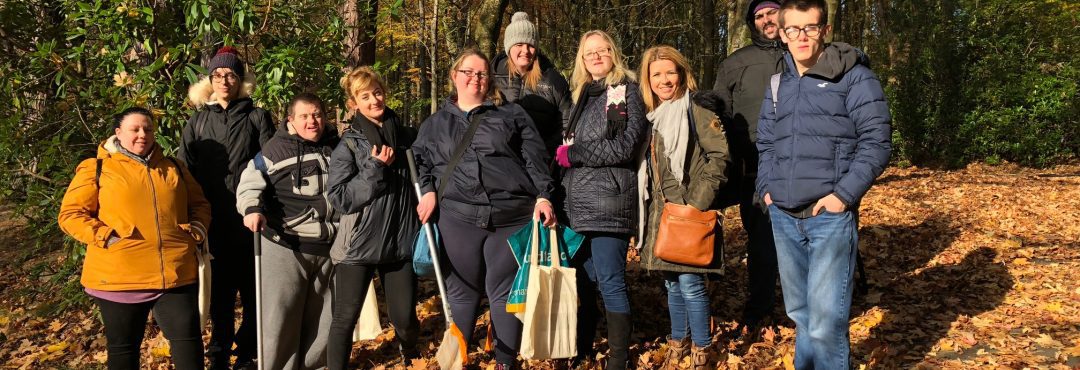Background to the Riverfly Partnership’s Angler’s Riverfly Monitoring Initiative project
Riverfly Partnership’s Angler’s Riverfly Monitoring Initiative project (ARMI) is a citizen science initiative which works with community groups and others, in partnership with the relevant statutory body, in England, Scotland, Wales and Northern Ireland. Community volunteers are trained to monitor eight groups of freshwater invertebrates on a monthly basis to check for severe changes in water quality, i.e. pollution incidents.
How the Riverfly Partnership’s Angler’s Riverfly Monitoring Initiative project work
There are between 1000 and 1500 community volunteers monitoring over 750 river sites throughout the UK; on a monthly basis. The data is available for the statutory bodies and biological record centres and many pollution incidents have been detected by ARMI volunteers, then reported to the relevant statutory agency; for example River Kennet. The initiative has grown since its launch in 2007 and there are now more than 100 ARMI communities, and other, groups. There are currently 20 regional hubs offering training and funding support to local groups and there is a focus to develop a complete network of hubs across the UK.
How Riverfly Partnership’s Angler’s Riverfly Monitoring Initiative involves communities
The Riverfly Partnership website provides information about getting involved with ARMI, an online database and GIS mapping for volunteer river monitors across the UK. Details of Riverfly recording schemes and free resources are also available. ARMI offer one-day workshops for community group leaders and members wishing to become volunteer monitors. The workshops are led by accredited tutors and there is currently a Riverfly Hub hosted by the Clyde River Foundation. Ben Fitch, the national ARMI Coordinator is also happy to take enquiries, offer advice and support to community groups. Newly forming ARMI groups can apply for funding to help with set up and equipment costs.

